Fordham Faculty and Students Start Mutual Aid Spreadsheet
Fordham's mutual aid spreadsheet is divided into sections based on different types of needs students might have. (Jennifer Hoang/The Fordham Ram)
April 1, 2020
As the coronavirus pandemic continues to grow and change, people around the world are finding ways to help their communities. Within the Fordham community, Stacey D’Erasmo, an English professor at Fordham, sought out help from fellow faculty members and students to help people through a mutual aid spreadsheet.
D’Erasmo brought the idea to Mary Bly, Ph.D., chair of the English department, after seeing the idea in an article on insidehighered.com. The article cited universities around the country who started their own networks and helped fellow students with anything from tutoring to financial assistance.
Bly sent an email with the idea to all English majors. A few students responded, met online and started a spreadsheet for Fordham students.
“You can see that it’s a very simple thing: on one side, what folks have to give; on the other side, what folks need,” said D’Erasmo. “Honestly, it hasn’t been used very much so far, and I’d love to see it get more attention and be more of a resource for people in our community.”
Bessie Rubenstein, FCLC ’20, was one of the students who responded to Bly’s email. She set up the spreadsheet itself, basing it on Middlebury College’s.
Each student can add what they can contribute (if they are in a place to do so) to other students who may be especially at risk. This includes students who are immunocompromised or living with someone who is, or students who no longer have an income and cannot afford essentials.
So far there have been offers of pharmacy runs, grocery runs, Venmos and Amazon Prime grocery orders.
“Essentially, it works by process of mutual resource distribution and trust,” said Rubenstein. “It’s been so heartening to see students’ contributions. One student even offered to ship insulin, which could literally be a lifesaving offer, as insulin is criminally expensive in this country.”
Rubenstein said every American higher education institution should undertake this project right now because COVID-19 is making the realities of our country’s wealth gap much starker and much more dangerous.
Unemployment claims are topping one million weekly (in one recent week, over 3 million Americans applied for unemployment benefits), a higher number than we’ve seen since the 1960s, said Rubenstein.
“Given the disruptions to many American jobs, caused by closures to non-essential businesses, New Yorkers are losing their work incomes at an unprecedented (in our lifetimes, as students) rate,” she said.
Rubenstein cited a 2018 survey conducted by the Federal Reserve that showed that 27% of Americans would have to borrow money or sell a belonging they hadn’t expected to sell to cover a surprise $400 expense; 12% would not be able to cover the $400 surprise expense at all.
“This means that 40% of Americans are essentially living paycheck to paycheck — paychecks that many are now not receiving,” she said.
The estimates for the death toll mean that the quarantine measures in place are absolutely vital to continue and enforce right now, said Rubenstein.
“So the only ways we have to help each other are redistributing our resources digitally (Venmo, Cash App, etc.) or by means of shipping,” she said. “As students attending a private university, it is likely that many of us are in a more privileged financial position, one from which we can offer help. To not do so, at this time, when the poorest and most vulnerable are suffering, would be psychotic.”
Rubenstein said it is important for students to know that the spreadsheet exists, and it’s important that people continue to add what they can and ask for what they need. She said community is the most important resource we have right now.
“I know there’s need out there, and I know that there are many people who want to be helpful,” said D’Erasmo. “I hope people at Fordham will…join in. If there was ever a time for a community coming together, it’s now.”
For more information or to be included in the mutual aid spreadsheet, please email mbly@fordham.edu.

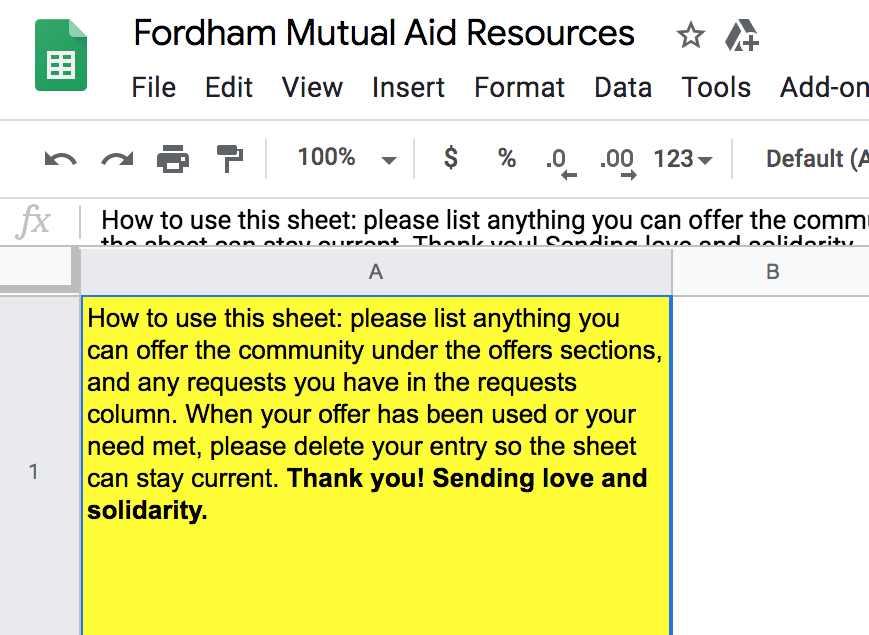

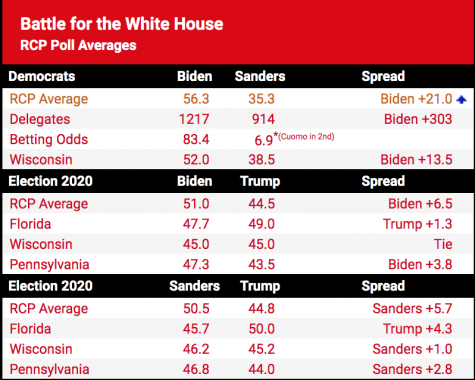
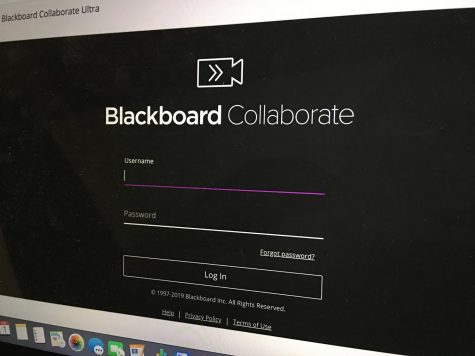
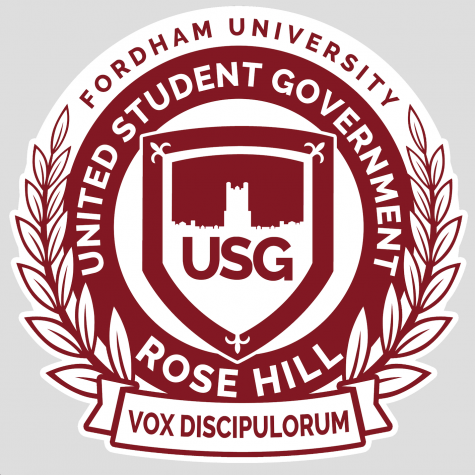
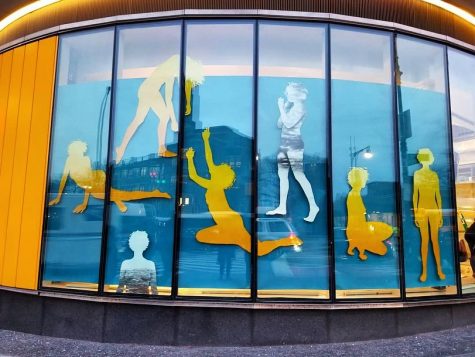
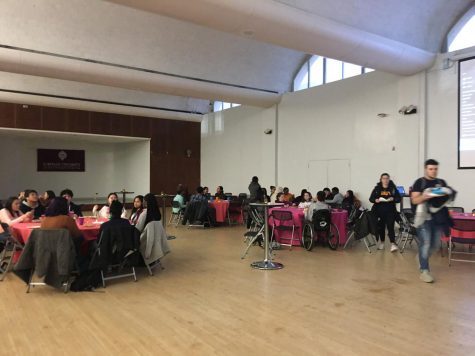
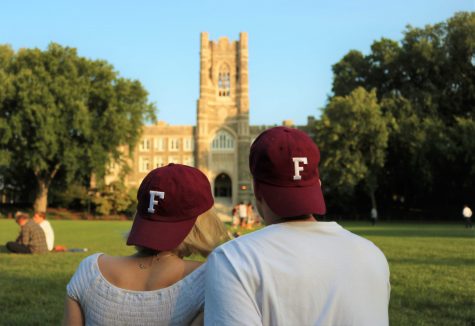
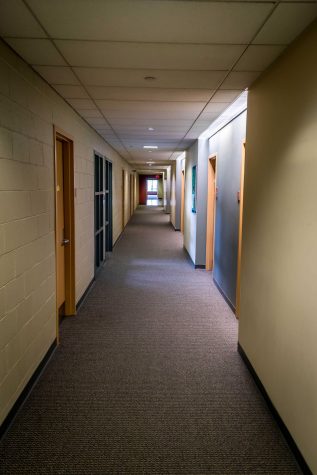
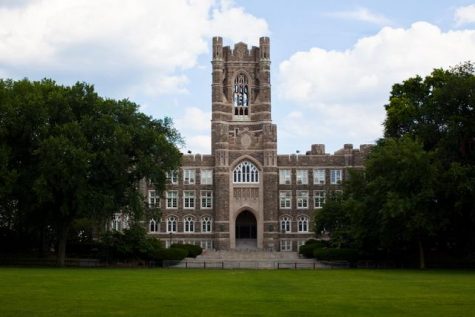
If you want a picture to show with your comment, go get a gravatar.